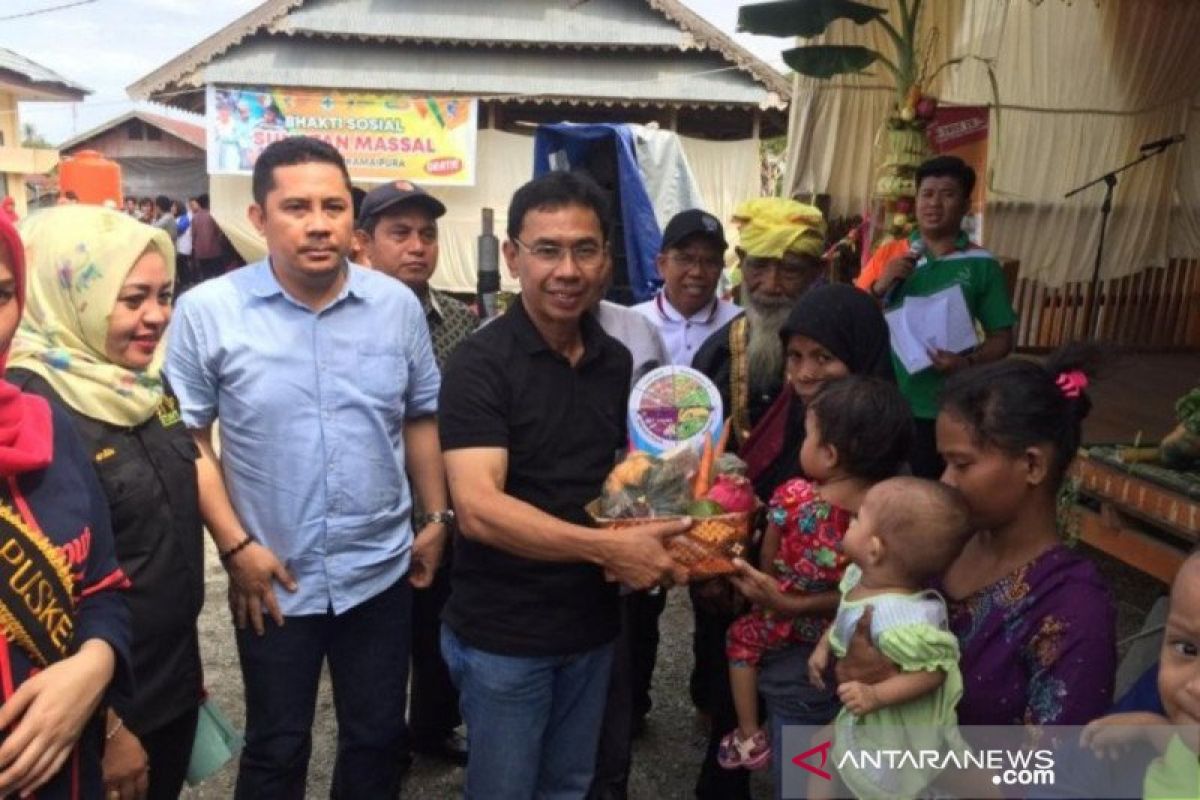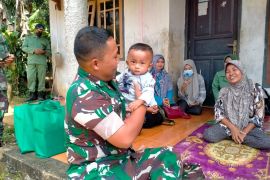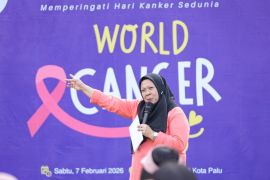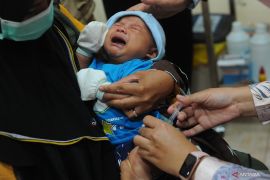The district government has decided to focus the preventive and mitigation efforts to eradicate childhood stunting in 10 villages, Sigi district head Mohammad Irwan Lapatta told local journalists here on Thursday.
The 10 villages are Lemosiranindi, Pelempea, Morui, Marena, Siwongi, Rantewulu, Waturalele, Langko, Sibalaya Selatan, and Sibalaya Barat, he informed.
According to Sigi district's health office, in 2019, there were 1,199 cases of stunting in children aged 0-23 months, and 3,580 stunting cases in children aged 0-59 months, he noted.
To handle the stunting cases, the district government is encouraging the participation of community members and improvement in the quality of local food crops, he said, adding that the number of children with stunted growth could potentially be reduced in 2021.
The World Health Organization (WHO) defines children with stunted growth as those whose “height-for-age is more than two standard deviations below the WHO Child Growth Standards median”.
Stunting among children has been observed not only in Central Sulawesi, but also in several other provinces, including East Java.
ANTARA has earlier reported cases of stunting in Lamongan district, East Java, for instance, in Ganggangtingan and Durikedungjero villages.
In Ganggangtingan village, eight children have been identified with stunted growth, while the number of stunted kids in Durikedungjero village has reached 10.
The Lamongan district government has set a target of achieving zero stunting by 2020 by pushing for greater fish intake among local children to improve their nutrition from early childhood.
Indonesia has made tremendous progress in the fight against hunger, with the the number of children suffering from malnutrition declining in the country.
This was revealed in 2019 in a joint press statement issued by Indonesia's Planning Agency and four other UN agencies operating in the country — the United Nations Children's Fund (UNICEF), World Health Organization (WHO), World Food Programme (WFP), and International Fund for Agricultural Development (IFAD).
According to the statement, statistics had shown positive trends in food security and malnutrition, with Indonesia reporting progress in the fourth year of implementation of the Sustainable Development Goals (SDGs).
However, it cautioned that stunting from severe malnutrition still remained high in Indonesia, with one in three children affected by stunting. (INE)
Related news: Integrated teams to combat stunting, enhance human resources quality
Related news: Government stresses on curbing stunting to improve work force quality
EDITED BY INE
Translator: M.Hajiji, Rahmad Nasution
Editor: Suharto
Copyright © ANTARA 2020












